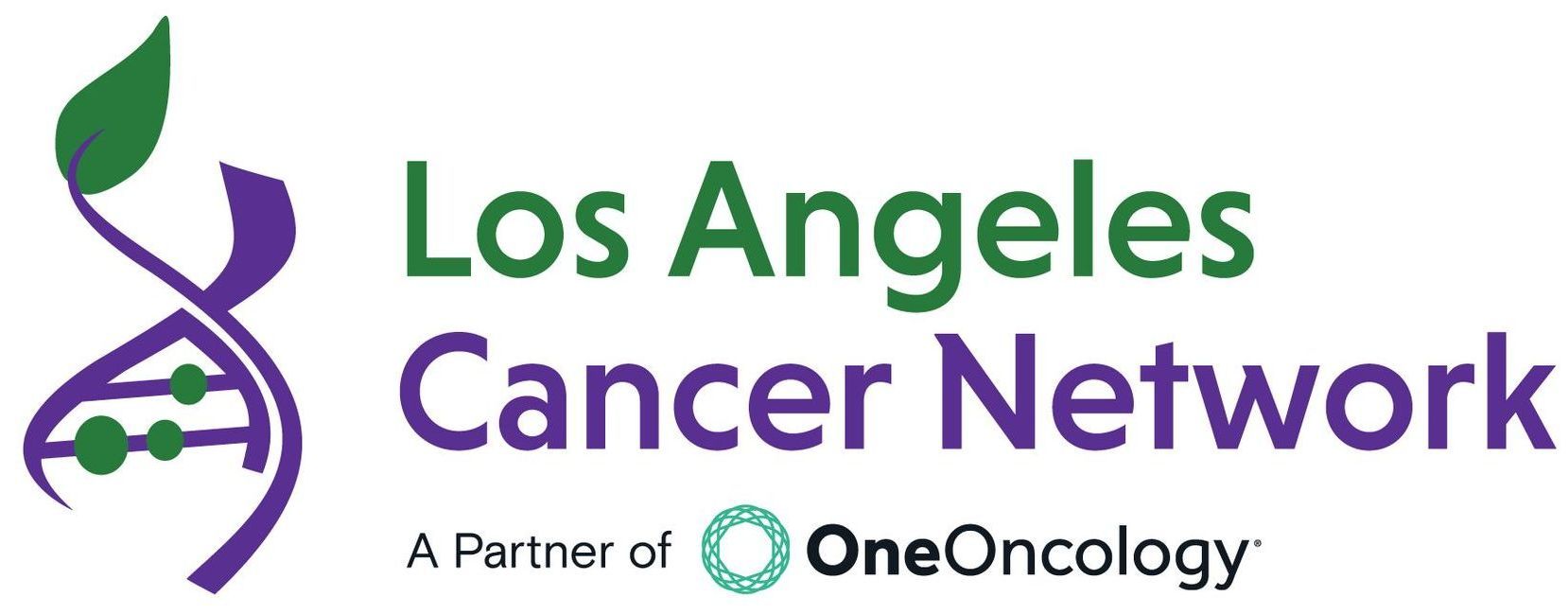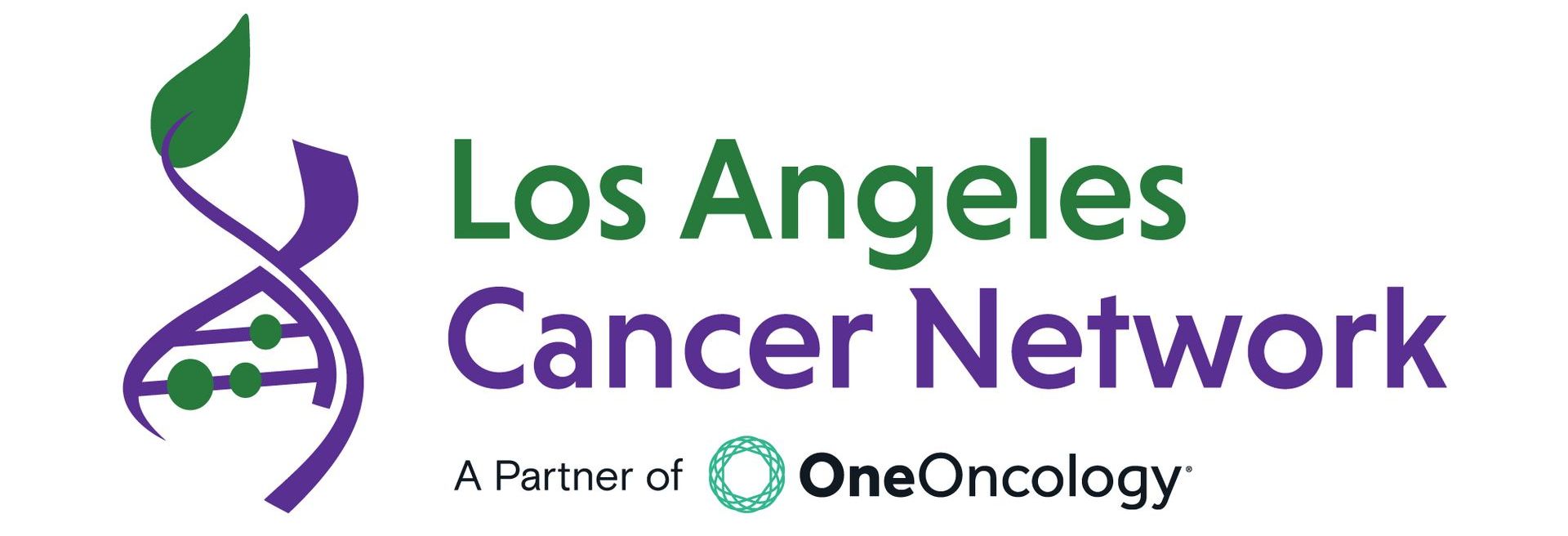Understanding Colon Cancer in Millennials & Gen Z: A Closer Look at Risks and Prevention
Understanding Colon Cancer in Millennials & Gen Z: A Closer Look at Risks and Prevention

Did you know March is colorectal awareness month? Furthermore, did you know that cases of millennials and Gen Z colon cancer are on the rise? For this March’s colorectal awareness month, we’re exploring the trends and factors that contribute to this swift incline in America’s Gen Y and Gen Z populations.
Once considered a disease of aging, the prevalence of colon cancer in younger generations has been steadily rising in recent years. This shift in demographics raises important questions about the factors contributing to this trend, the risks millennials face, and the preventative measures that can be taken.
The Rising Trend
Recent studies by the International Journal of Environmental Research and Public Health, have indicated a concerning increase in cases among millennials, defined as those born between 1981 and 1996. While the overall rates of colon cancer are still lower in this age group compared to older generations, the upward trend is alarming and demands attention.
Contributing Factors
Several factors contribute to the rising incidence of colon cancer in millennials. Lifestyle choices play a significant role, with poor dietary habits, sedentary lifestyles, and an increase in obesity rates among the key culprits. A diet high in processed foods, red meat, and low in fiber has been linked to an elevated risk of developing colon cancer. Moreover, the rise of sedentary behaviors, often associated with daily smartphones and computer use, has become a common feature of modern life.
The increased availability of processed products has greatly increased since the late 1980s when older millennials were born. Additionally, the economy has also affected the millennial and Gen Z populations. With less money compared to their parents at their age, these young generations may resort to cheaper, processed food for meals.
Food deserts also play a factor in subpar health for millennials and Gen Z. Many younger people are opting to stay in the city rather than move to the suburbs. This group stays close to the city because many are unable to purchase a home in today’s economic climate. Cities often have less fresh, healthy food available within walking distance for those living in an urban city area.
Genetic Factors
While lifestyle choices are crucial, genetic factors also contribute to an individual's susceptibility to colon cancer. Some millennials may have a family history of colorectal cancer, which can increase their risk. Genetic mutations, such as Lynch syndrome or familial adenomatous polyposis (FAP), can predispose individuals to colorectal cancers at a younger age.
Awareness and Early Detection
Early detection remains a crucial aspect of managing and treating colon cancer. Millennials, often considered the "screening generation," need to be proactive in seeking regular screenings. Current guidelines recommend that individuals with a family history of colorectal cancer or certain genetic conditions should begin screenings at an earlier age.
However, general awareness about the importance of screenings and the symptoms of colon cancer is still lacking among millennials. It's essential to educate this demographic about the signs, which may include changes in bowel habits, blood in the stool, abdominal pain, and unexplained weight loss.
Preventative Measures
Adopting a healthy lifestyle is the cornerstone of preventing colon cancer in millennials. A well-balanced diet rich in fruits, vegetables, and whole grains can significantly reduce the risk. Reducing the consumption of processed meats and alcohol is also advised.
Regular physical activity is another crucial component of prevention. Aim for at least 150 minutes of moderate-intensity weekly exercise, such as brisk walking, jogging, or cycling. Maintaining a healthy weight is paramount, as obesity has been linked to an increased risk of colon cancer.
Screening and Surveillance
Given the rising trend of colon cancer in millennials, healthcare professionals emphasize the importance of regular screenings and surveillance. Colonoscopies are the gold standard for detecting and preventing colon cancer. Starting these screenings earlier, especially for those with a family history or genetic predisposition, can help identify precancerous polyps and prevent the development of the disease.
The increasing prevalence of colon cancer among millennials is a cause for concern, highlighting the importance of lifestyle choices, genetic factors, and early detection. As this demographic becomes more health-conscious, it is crucial to promote awareness, encourage healthy habits, and emphasize the significance of regular screenings. By taking proactive measures and making informed choices, millennials can reduce their risk of developing colon cancer and contribute to a healthier future.






















